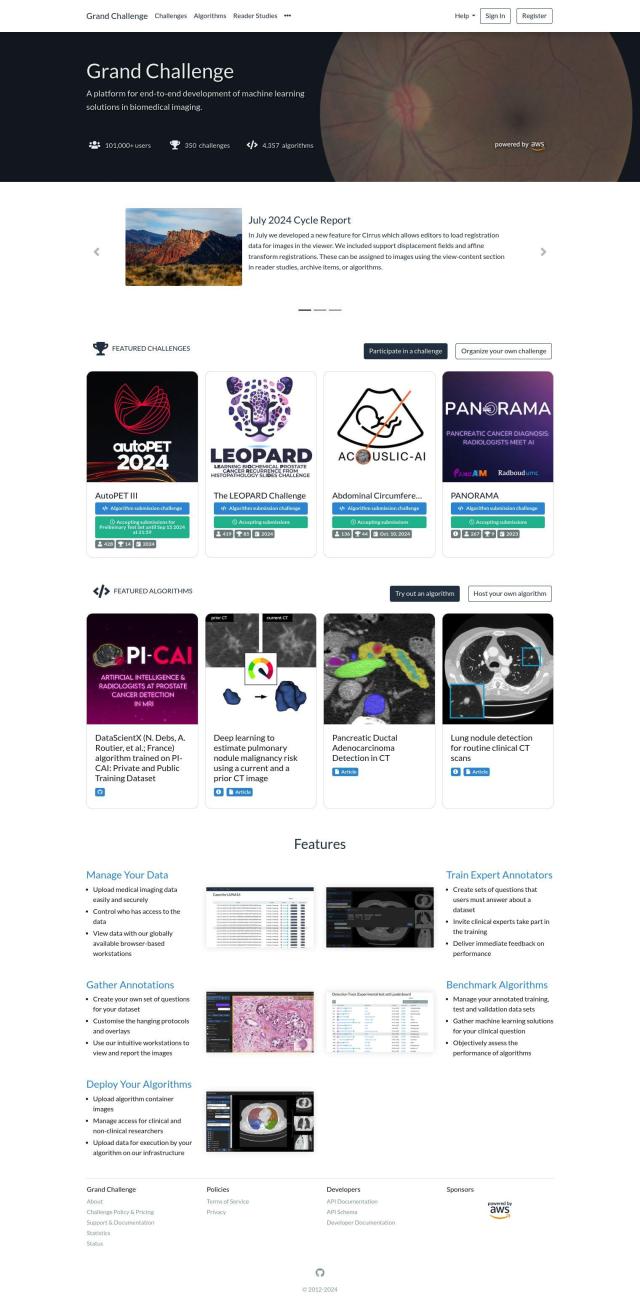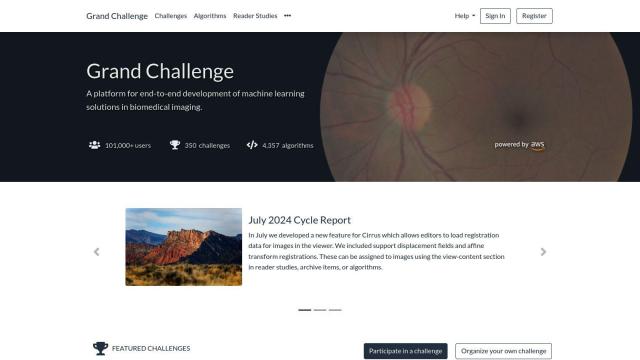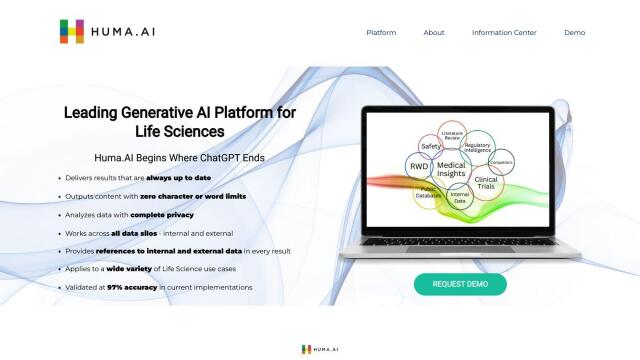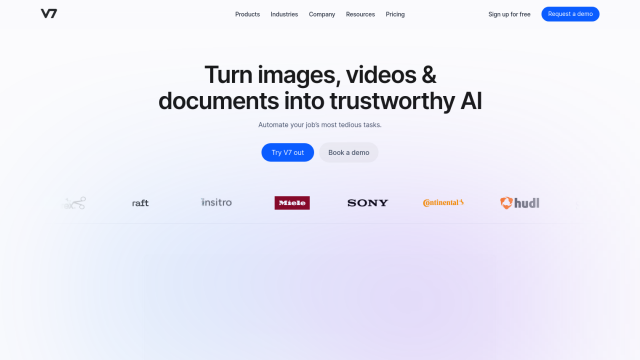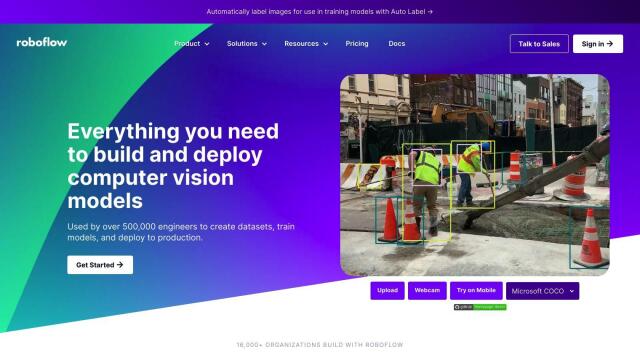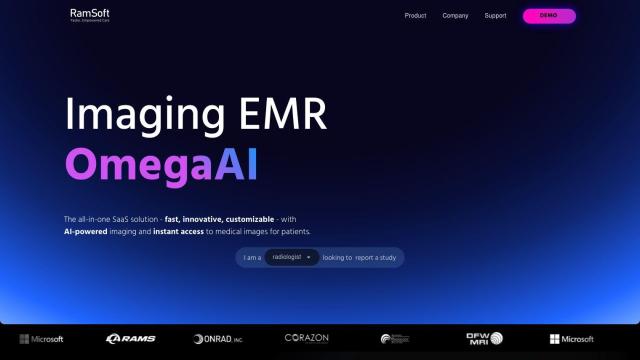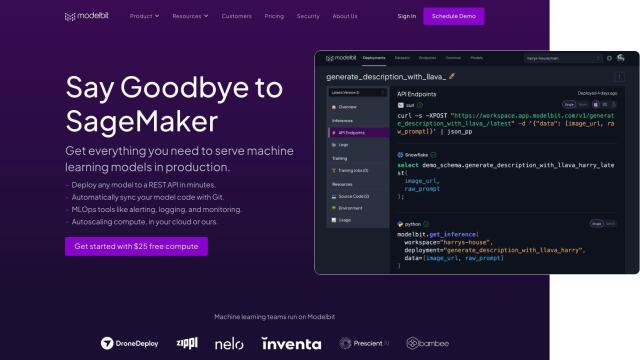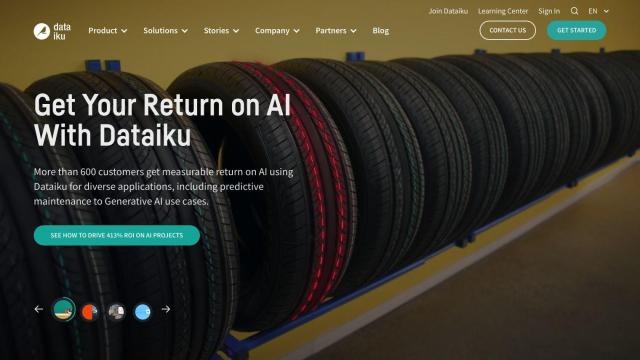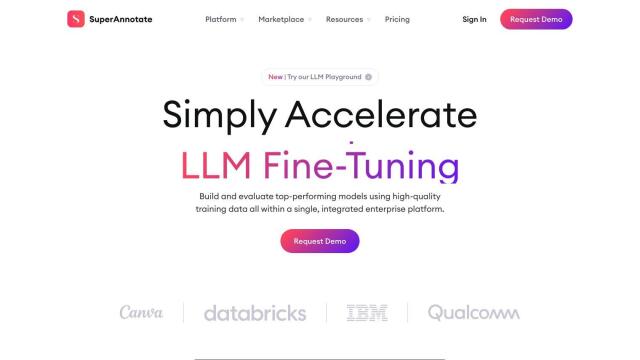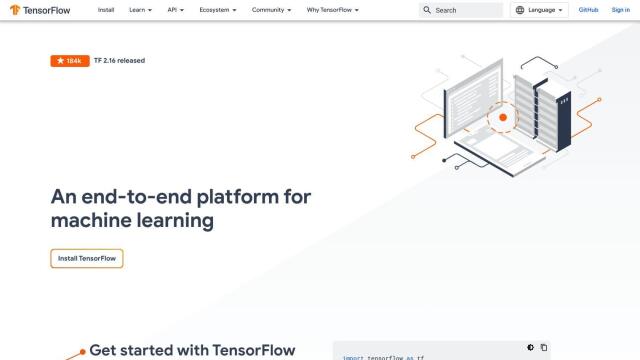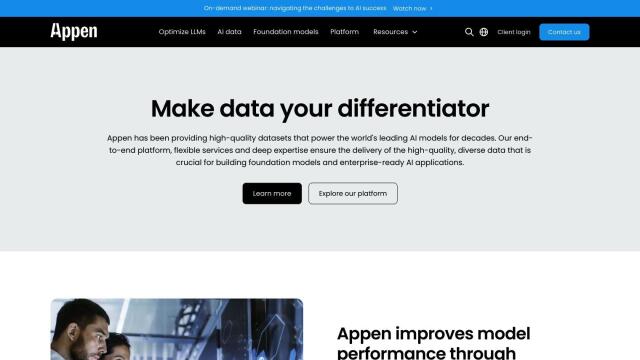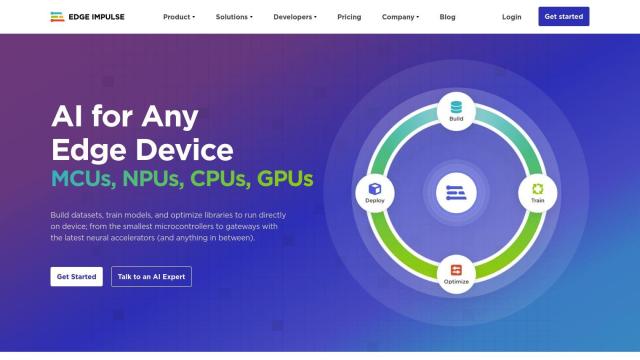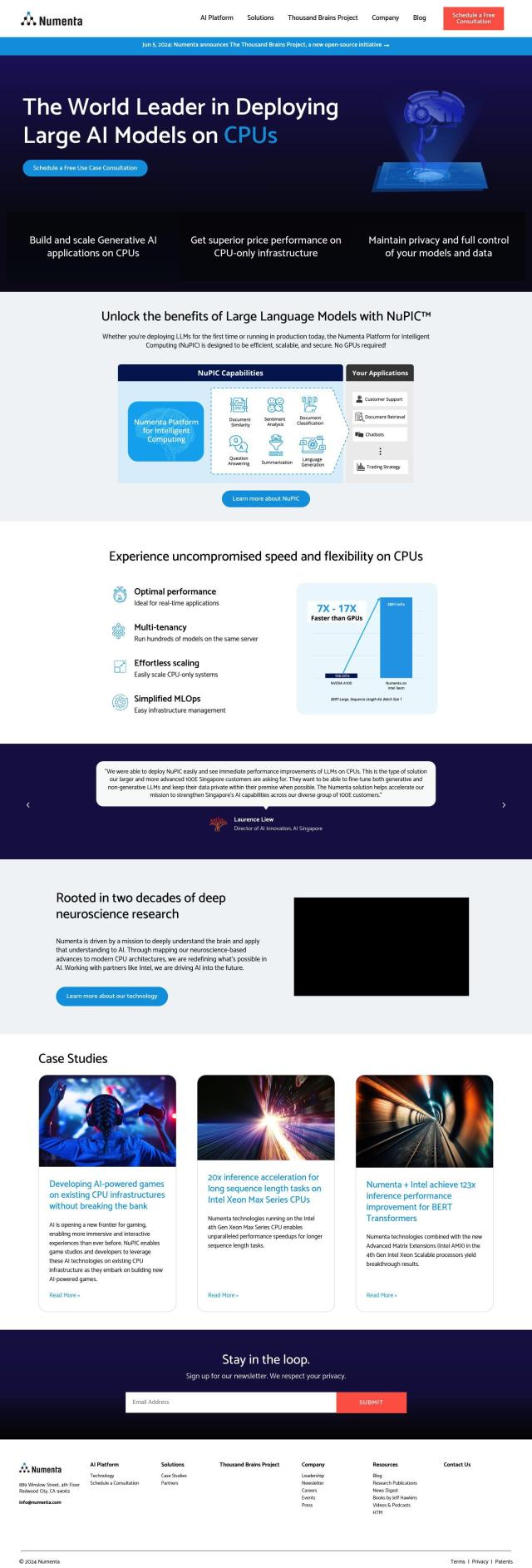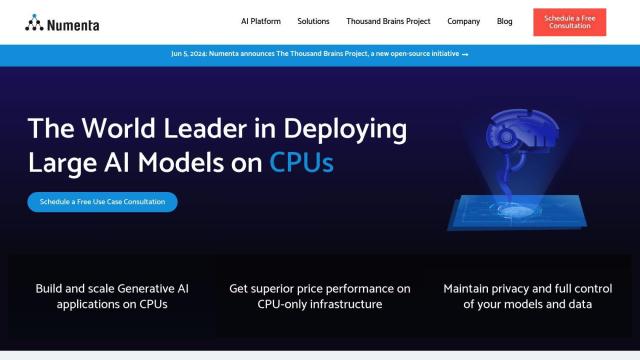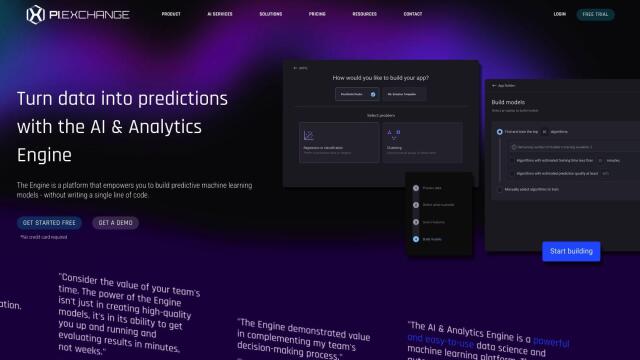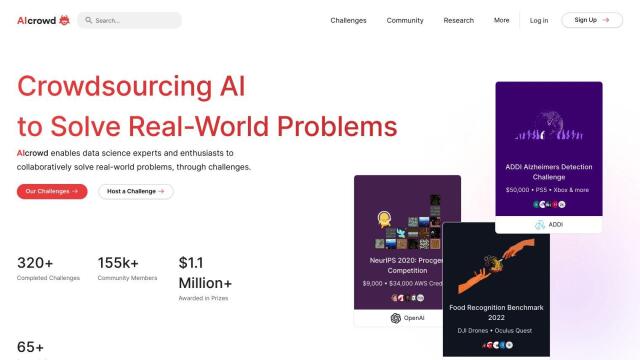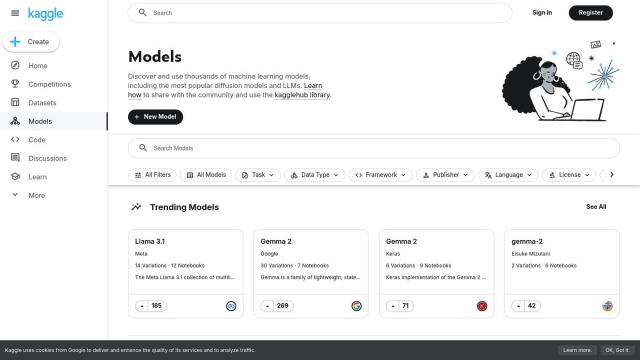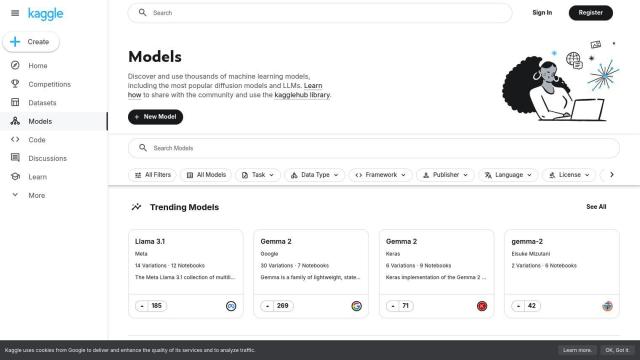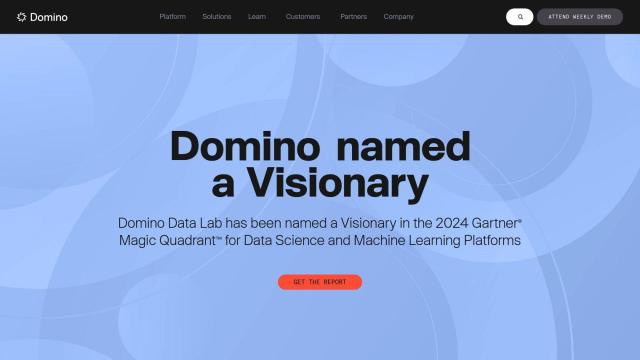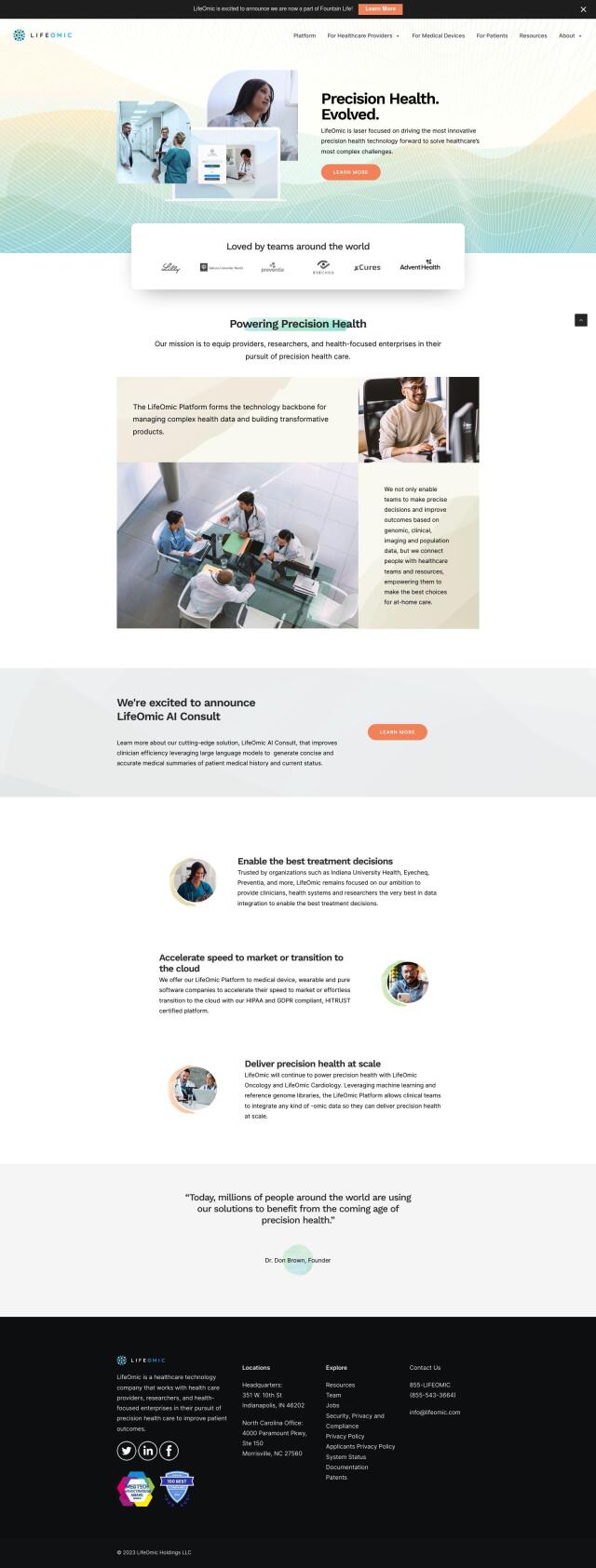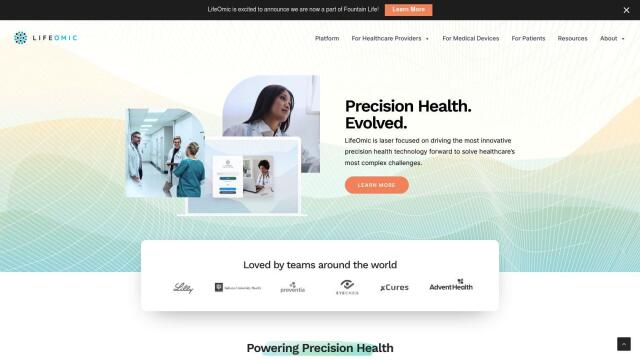
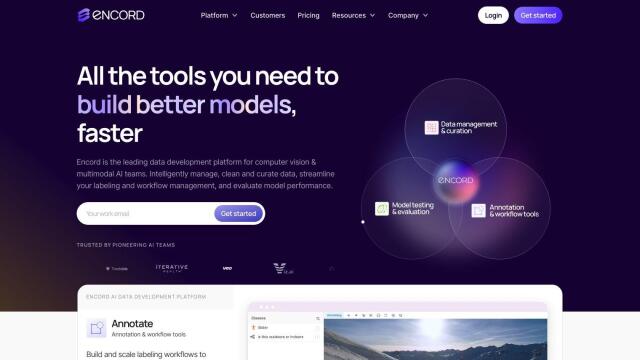
Encord
If you're looking for a Grand Challenge alternative, Encord is another good option. It's a full-stack data development platform for training predictive and generative computer vision models. Encord's tools handle data ingestion, data cleaning, curation, automated labeling, and model performance evaluation. It supports a variety of annotations and has features like Active to track model performance and Index for data management. It's secure, with SOC2, HIPAA and GDPR compliance, and has a variety of pricing tiers for different needs.

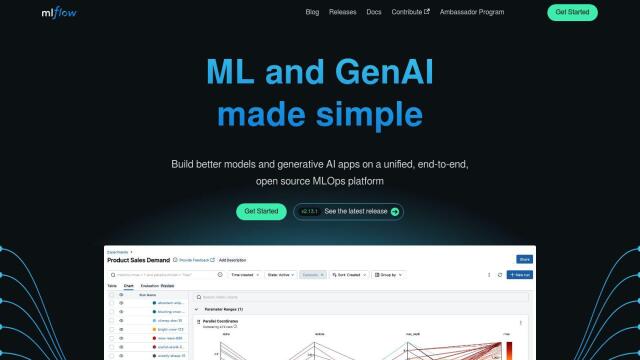
MLflow
Another good option is MLflow, an open-source MLOps platform. It streamlines machine learning and generative AI development and deployment by providing a single environment to manage the entire ML project lifecycle. MLflow tracks experiments, manages models, and integrates with libraries like PyTorch, TensorFlow and scikit-learn. It's free to use, which means it won't add a big expense to your ML workflow collaboration and productivity improvements.

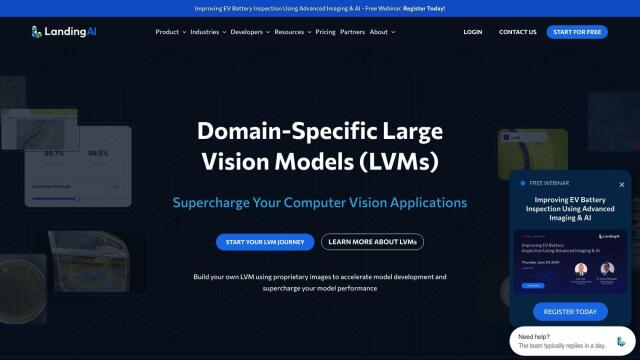
LandingLens
If you're looking for a cloud-based option, check out LandingLens. The platform uses domain-specific Large Vision Models to tackle a broad range of computer vision problems. It includes tools for efficient image labeling, one-click training and detailed performance reports. LandingLens supports flexible deployment and a data-first approach, so it's good for a variety of industries and deployment scenarios.

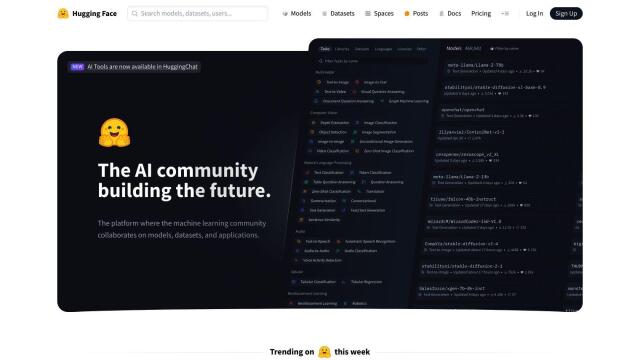
Hugging Face
Last, Hugging Face offers a rich ecosystem for model collaboration, dataset exploration and application development. With more than 400,000 models available, it can handle a broad range of tasks and includes features like community support, optimized compute options and private dataset management. The platform is geared for teams that want to host and manage multiple models and datasets.
